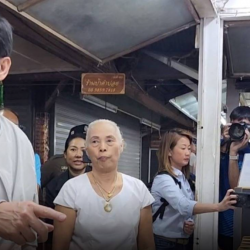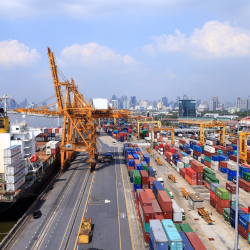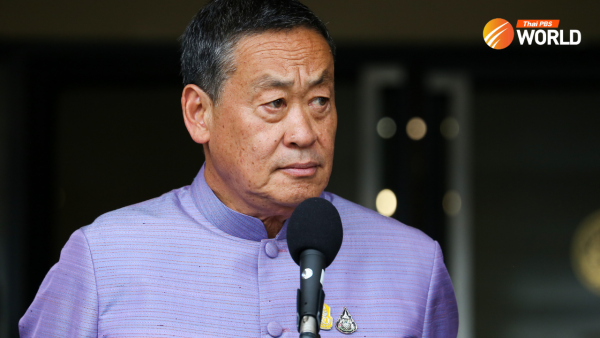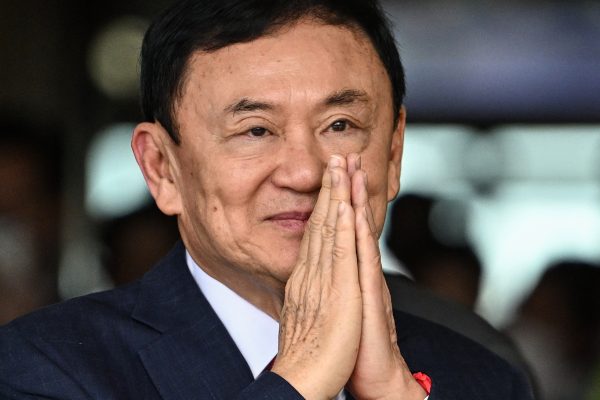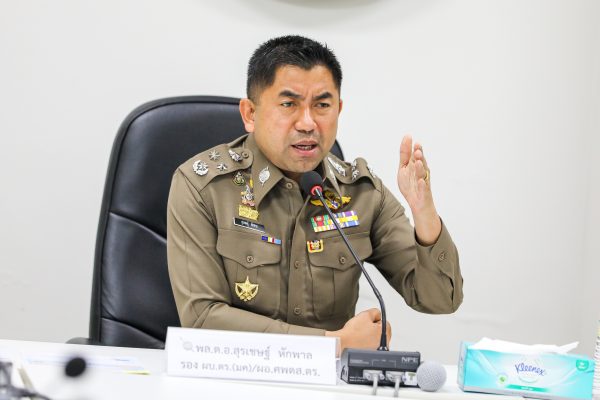Yingluck’s return has to be soon, but things can get complicated

In what has become one of Thailand’s most-scrutinised photos of late, ex-prime minister Thaksin Shinawatra sat near a pool apparently reminiscing about something. How he was dressed, how soft medical aids were applied and how “healthy” or how “sick” he looked have been widely studied.
What is left to discuss? It’s the fact that the water in the pool had no ripples. Don’t underestimate it, because if there are no big protests in the next few days and if the social media’s attention turns to something else, the political metaphor generated by that fact can be hugely significant.
Yingluck Shinawatra is counting on the absence of a genuine uproar. There have been expected sarcasm and heated debates in some corners following the release of the Ban Chan Song La photo, but what has followed Thaksin’s resumption of life as a virtually-free man is nowhere near volcanic.
At least not yet. The Shinawatras especially Yingluck must be hoping it stays this way. Moreover, human logic alone favours a government-facilitated return.
Any woman in a political exile overseas certainly faces a tough life, no matter how rich or well-connected she is.
Political factors are apparently on her side as well. If Thailand let itself through all the trouble for Thaksin’s smooth homecoming, it simply does not make any sense to cut her loose to avoid what should be a far-lesser political problem.
The question is how soon. Certainly, her return must take place when Pheu Thai is in the government along with conservative parties and Move Forward is in the opposition. A Move Forward-led government, which might be in place after the next election, cannot give Yingluck any privilege although the biggest party has presented itself as an anti-persecution force.
So, Yingluck must return to Thailand before the next election, considering the political circumstances. The only serious political concern is that her return must not become the last straw.
Yes, she’s a woman. Yes, she was perceived as a Thaksin proxy who would not have entered politics if she had had another choice. Yes, she would receive more sympathy than him. She is a light problem, but that is as long as the camel’s back is ok.
But while her comeback can be easier politically, legal matters present considerable obstacles.
First thing first, she’s a lot younger than Thaksin, meaning that, at 56, age cannot factor in parole decisions. Then there are issues of enormous damages the judges ordered her to pay, and multiple charges that arguably can be interpreted as heavily graft-related which makes pardon or leniency difficult.
It seems that timing is of utmost importance, and, in politics, what looks like a bad timing can be actually good and vice versa.
A lot of people questioned Thaksin’s choice of date for his return to Thailand last year. Yet with hindsight, tumultuous formation of the government involving changing of alliance and dramatic press conferences held by political parties on practically a daily basis confused many as to what to watch and even what to think.
Amid strong caution, he came back, slipped into the Police Hospital and, before anyone knew it, was sitting by the pool at his house. Just like that, what seemed to be a bad timing accomplished what had been considered unachievable previously.
If Yingluck is to survive intertwined legal matters besetting her, planners must take a few questions into account. Are political circumstances “too peaceful” to the point where a small ripple can generate a tsunami?
Are there enough big distractions like when Thaksin’s plane landed? Is the government popular enough to absorb another big controversy? Or are the popularity fragile and the camel’s back too strained?
Late last year, the Supreme Court’s section for political officeholders dropped malfeasance charges which had been filed against her regarding the transfer of National Security Council chief Thawil Pliensri. Shortly before that, former deputy prime minister Wissanu Krea-ngam, a legal expert, said a Yingluck petition for royal mercy was possible, but she had to come in and accept her status as a convict first.
Is the dropping of the charges a signal? Some may think so, but others may argue that nepotism is subjective, and any government should be entitled to transfers, promotions or demotions it deems fit. In other words, the case was easier to drop than the other ones facing Yingluck and we should not read too much into it.
Whatever it really is, Thaksin has provided a how-to guide, which is lousy yet workable so far. There are more uncharted territories to navigate, though.
Yingluck can be encouraged by the lack of ripples in the swimming pool, but one thing must be bothering her: If it had been practically easy she must have been able to come back last year with Thaksin if not earlier.
By Tulsathit Taptim

